Jinnah is long dead. But the controversy on his precepts and practice is alive and kicking. In fact, it hicks politicians in Pakistan and India alike.
In Pakistan, though he is declared `The Father of the Nation’ his ideas and ideologies were buried with him. Much against the secular vision he expressed in his speech in the Constituent Assembly on 11 August 1947, Pakistan was declared an Islamic state. Ever since, the country has been trying to reconcile the politics of the Nation with the ideals of its father and failed in the effort.
In India too, the ghost of Jinnah continues to haunt political leaders. L. K. Advani, the seniormost BJP leader, lost his party’s presidentship for praising Jinnah. Jaswant Singh, another top leader wrote a voluminous book on Jinnah and fell into disfavour of the BJP. The reason for all the controversies is the contradiction of Jinnah as a person and as a politician. An insight into the contradiction and the two faces can be had by following his speeches over the years.
These are historical documents that cannot lie. And these reveal the True Face of Jinnah.
One has only to read the first and the last chapters to see the two faces of Jinnah. In the first, addressing Pakistan’s Constituent Assembly, he says : "You are free, you are free to go to your temples. You are free to go to your mosques… You may belong to any religion or caste or creed that has nothing to do with the business of the state… We are starting with this fundamental principle…"
However, the rest of the chapters of Jinnah’s speeches of pre-independence era, had only the one refrain : Hindus and Muslims are two nations belong to two cultures and two civilizations. Chapter 1 shows Jinnah’s secular face and the rest shows his virulent communal face.

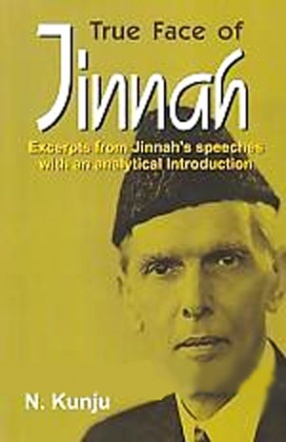
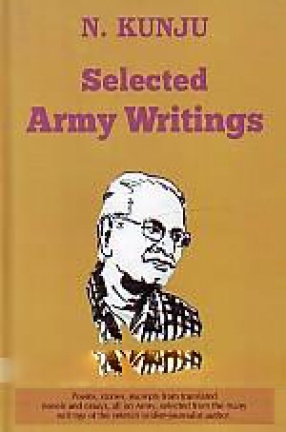
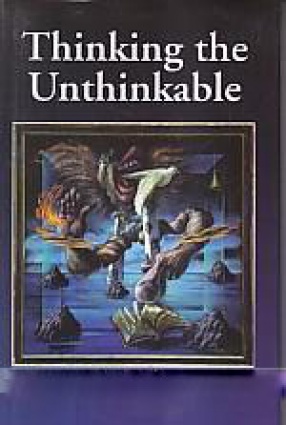
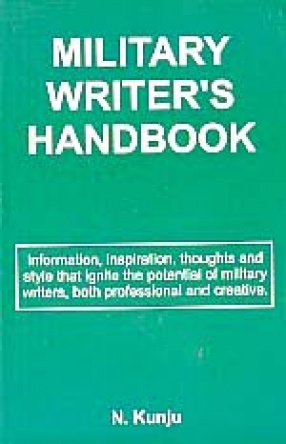

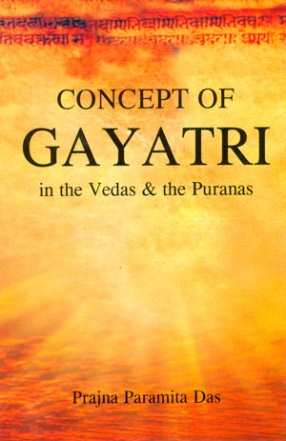
There are no reviews yet.